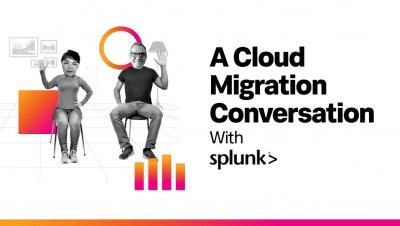SQL vs. NoSQL Today: Databases, Differences & When To Use Which
SQL and NoSQL are two database technologies widely adopted by many organizations for different use cases. Both technologies share the common goal of efficiently processing and managing data. Still, there are some significant differences. This article compares SQL and NoSQL, exploring their key differences in terms of language, structure, scalability, properties and support. We’ll also discuss examples, pros and cons and the most suitable application areas for each database type.











